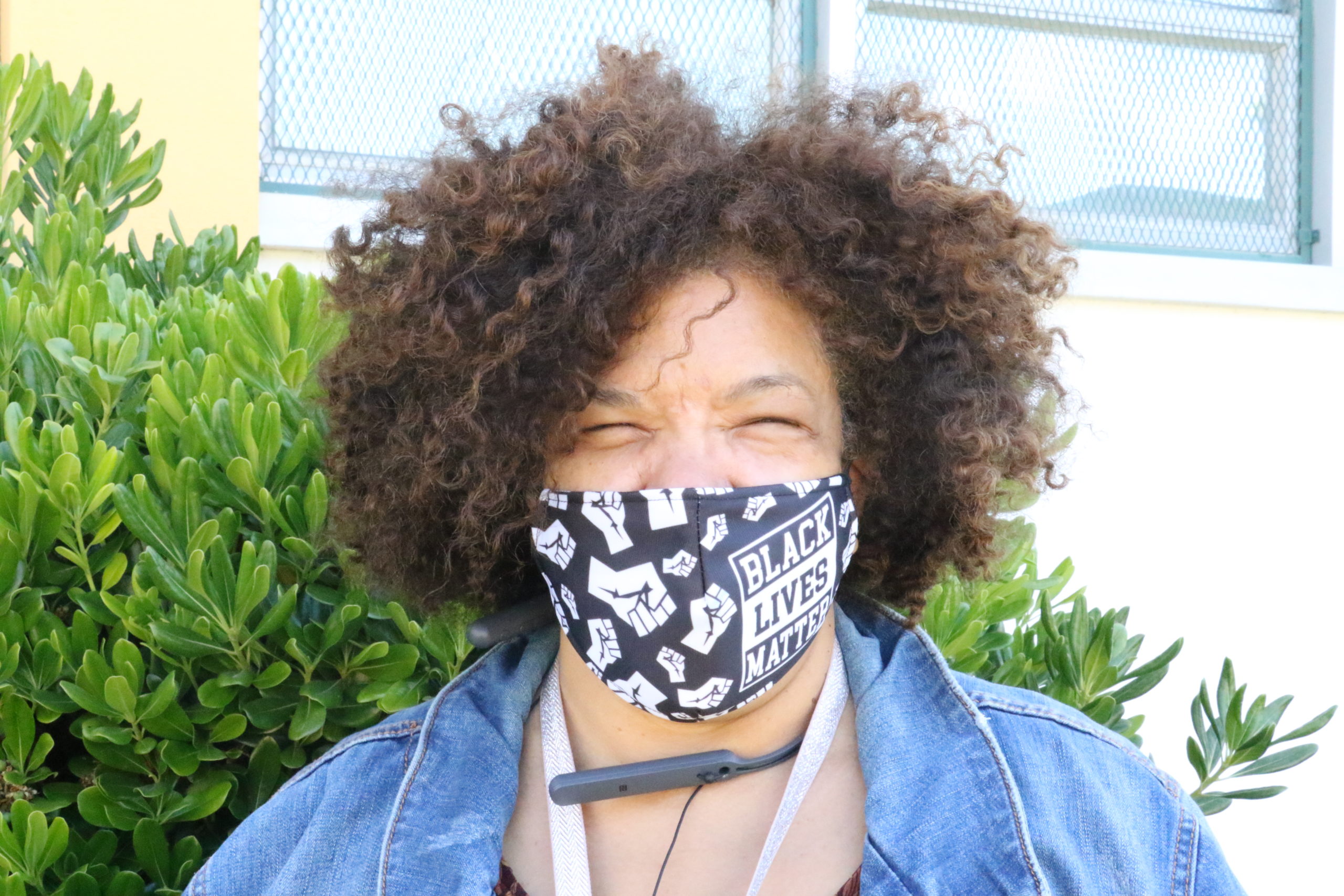
This week, the Coalition for Community Schools celebrates the work of community school coordinators. I remember well when Jen Masutani who managed the Coordinators Network first proposed the idea that we should celebrate the work of these unique individuals (sometimes called directors or managers).
Everyone got on board quickly and so did our Coalition partners. We all knew that it took a special kind of individual to bridge the gap between school, students, families, and community. It’s worth taking a quick look at the work that these individuals do to understand the unique skill set it takes to make that happen.
Community schools coordinators reach out to students and families listen to their needs and concerns and create opportunities for them to take part in the life of the school. They make sure that students and their families get the support they need in tough times — food housing assistance, counseling, hotspots and more..
Coordinators bring the voice of the community to school staff helping them to understands the challenges the community faces. They serve on school leadership teams ensuring that community concerns are not at the bottom of the list of school issues but near the top, knowing that how schools address these issues will impact student success.
Community school coordinators reach out to partners in the community encouraging them to bring their resources and expertise, and their people, to the school. They are uniquely able to create a supportive environment for partners so their work is productive and their volunteers are recognized and supported.
They often will lead site leadership teams where students, parents community partners and educators come together to plan for the work of community school, and to ensure accountability. Coordinators are the glue in those teams preparing for and facilitating meetings and following up on to build the culture of the community school.
Coordinators are part social worker, youth developer, community organizer, community planner and so much more. Just who does this kind of work? To my knowledge we do not have detailed information, but what we do know is that they come from many different backgrounds and disciplines. Many are social workers with a bent toward community organizing who want to build bridges as well as work directly with students and families. Some are teachers who have a stronger inclination toward community and wanting more flexible role have Others are community activists or parents with a natural ability to bring people together and create community. Most work for community partners while school districts employ others. Regardless of their backgrounds, they all share a deep commitment to the success of students and their families and the importance of building community around our schools.
What needs to happen in the future in order to make the role of a community school coordinator a permanent and thriving part of our schools? There are three ways to think about this. First of course we need school boards and superintendents, United Ways, local governments, CBOs and higher education institutions to work to create more Community school strategy. That will create even more jobs for community school coordinators and bring recognition of the role of more leaders and policymakers. And we need more investment in the preparation and ongoing professional development for these individuals.
Second, we need to enhance the professional preparation of Coordinators, encouraging more people to see the work as a career opportunity. There are few higher education programs designed to prepare people for this kind of work. The University of Chicago School of Social Services Administration has such a program and SUNY Binghamton has an online certification program, but much more must be done.
And finally we need more inter-professional development courses for people preparing to be teachers, principals, nurses, counselors, community planners so they can learn to work together in schools and communities. I believe this will lead more people to see the possibilities in the work that community school coordinators do.
It’s an exciting time to be involved in the community schools arena. Evaluations show great results, policymakers are paying attention and President Biden is asking for more funding.
Community school coordinators have been in the vanguard of making that happen. Let’s say thank you and wish them a great school year.
– Martin Blank, Consultant and Colleague